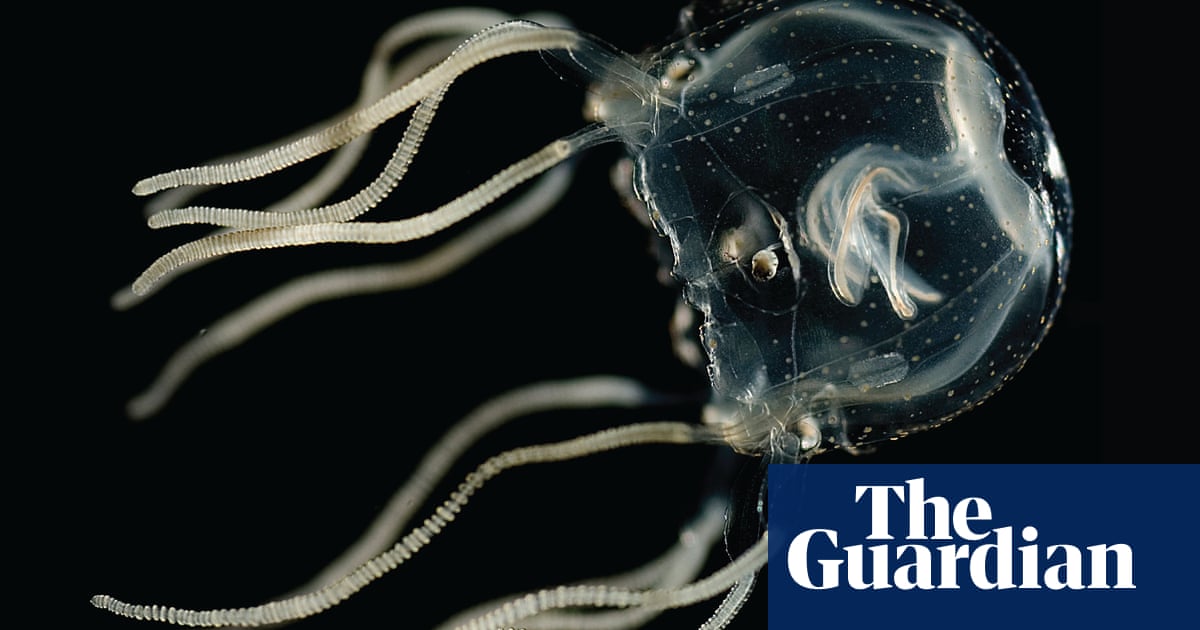
Twitching is synonymous with birdwatching, which can often involve long journeys in search of rare species. But now a new breed of climate-conscious birder is trying to persuade fellow enthusiasts to keep it local instead.
A group of young birders has created a challenge for spotters to find birds in their own patch close to home rather than routinely travelling long distances to spot particular birds, a practice known as “twitching”.
The Green Patch Challenge, created by Joe Parham, a 22-year-old birder from the Midlands, invites under-25s to attempt to travel only on foot or by bike to see birds.
“We all need to make changes to our lives to address the climate crisis, and the goal of the challenge is to capture this while encouraging young birders to explore and enjoy nature close to them,” Parham said.
“It’s not about stopping everything. It’s about making positive changes, doing much less travelling and when you do it, try to do it low-carbon.”
Birdwatching has been growing in popularity in the UK and there was a lockdown boom last year when numbers taking part in the RSPB’s annual garden survey, where people report which birds they can see in their gardens, jumped by 85%. About three million people do some birdwatching every year.
The Green Patch Challenge has been followed up by Birdwatch magazine, which set its readers a #LocalBigYear challenge for 2022, inviting birders to find species in patches within 10km of their home. The challenges harness the passion that most birders – whether twitchers or patchers – have for drawing up lists of birds they’ve seen. Many have overlapping lists of birds seen in their back garden, in their county, in the UK or the rest of the world.
The lists can be quite competitive – on New Year’s Day, many birders began their year list by trying to see as many birds as possible on their patch.
At peak migration times, some twitchers travel almost every week to see rare birds, a practice that is increasingly under fire from some parts of the birding community.
In November, about 100 birders travelled to Papa Westray, one of the smallest of the Orkney islands, to see a varied thrush – a bird usually seen only in north America and last spotted in the UK in 1982. Some chartered planes and boats to reach the island for the sighting.
Javier Caletrío, a researcher based in north-west England, set up the Low Carbon Birding blog in 2018 to try to persuade birdwatchers to travel less.
He said it was important for birders to set an example. “If people see us acting as if there is a crisis requiring immediate action, it is more likely that others will also demand urgent, radical action from politicians.”
Birding was often dominated by stories about “the excitement of travelling to distant places and seeing rare and exotic birds” he said. “These young people are telling other young people that they can be good birders and have fun without travelling to distant places by means of burning fossil fuels. And obviously low-carbon birding is not about the end of travel. It is about doing it differently – planning your holidays differently and making the most of public transport.”
Matthew Broadbent, 20, who helps run the Green Patch Challenge, said: “I know the feeling when you see a stunning, rare bird, and it’s fantastic. It’s a buzz, and makes you want more. But we need to learn to travel shorter distances to see birds, we need to do what we can to protect our planet.”
Keir Chauhan, 19, began birding seriously in 2020 and said that joining the Green Patch Challenge in north London had changed his life during the lockdowns.
“It provided an outlet,” he said. “If I’d had a bad day, I’d go looking for a new bird around Ally Pally.” A pair of peregrine falcons haunts the BBC signal tower on Alexandra Palace. “It’s amazing to watch them hunt in the mornings, chasing the crows,” he said.
“There’s a reservoir near there and most of the time there’s no birds whatsoever. But one time I saw a kestrel land and it turned out they were nesting there. Even in a place as birdless as that – it’s not a foreign country, it’s not a nature reserve – you can see interesting birds.”
Stephen Moss, a lifelong birder and author, whose book, Skylarks with Rosie, charts the lockdown birdwatching he did in the patch near his Somerset home, said that making local observations had an important ecological purpose as it enabled research into the prevalence of bird species.
“Low-carbon birding is clearly a good idea,” Moss said, “but some people are arguing that we should not be doing any long-distance trips – Chris Packham said he’s never going to do it again.
“But there are places like Costa Rica, the Gambia, Trinidad and Tobago, or Kenya where vast amounts of its economy comes from wildlife tourism. We need to find the right balance between the local and global.”












